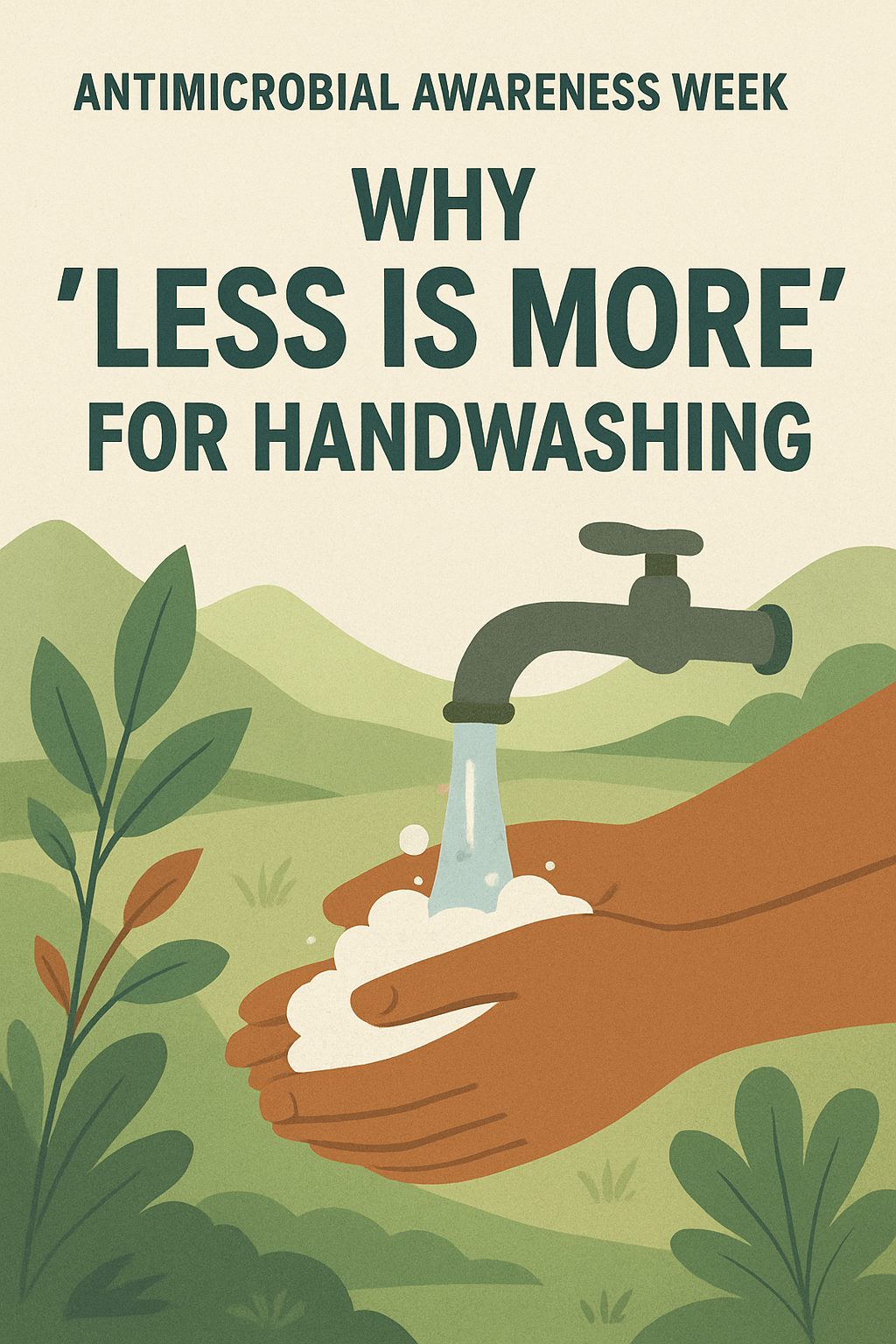
Many people think that antimicrobial or antibacterial soap is the best way to keep themselves safe from disease. But while the name sounds like extra protection, the truth is that antimicrobial soap offers no proven advantage over plain soap for your everyday handwashing needs.
In fact, it may do the opposite by contributing to antimicrobial resistance, or AMR, a growing threat to human, animal and environmental health.
What is AMR and why does it matter?
AMR occurs when bacteria, viruses, fungi and parasites no longer respond to medicines that are designed to kill them, making infections harder or even impossible to treat. This resistance jeopardizes modern medicine and increases the risk of disease spread, severe illness and even death.
During Antimicrobial Awareness Week (Nov. 18-24), we are emphasizing the need for collective action, by adopting responsible practices that preserve the effectiveness of antimicrobials where they're really needed.

When should antimicrobial soaps be used?
Antimicrobial soaps should only be used in health care settings, and even then, only in specific areas, such as the operating room or critical care settings.
For most people, there is never a need to use antimicrobial soap unless directed in specific care settings by health care providers. Instead, plain soap and water, when used correctly, are all you need to prevent the transmission of disease or microbes.
Washing your hands with soap and water is a great way to keep your hands clean. Wet your hands with clean water first, then lather your hands with soap and scrub for at least 20 seconds, reaching the back of your hands and between your fingers and under your nails. The friction during this process removes microbes and the soap binds with oils and dirt to lift the germs away. The rinsing washes any contaminants down the drain.
Join us this Antimicrobial Awareness Week in choosing a “less is more" approach. By choosing plain soap and good handwashing habits, we protect ourselves, slow the spread of antimicrobial resistance, and maintain the ability of our health care practitioners to treat infections.
For more information, please contact ipc@fnha.ca.

